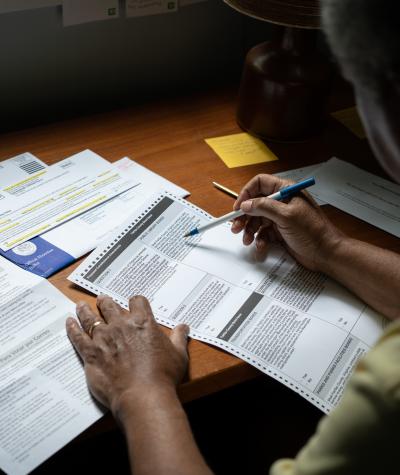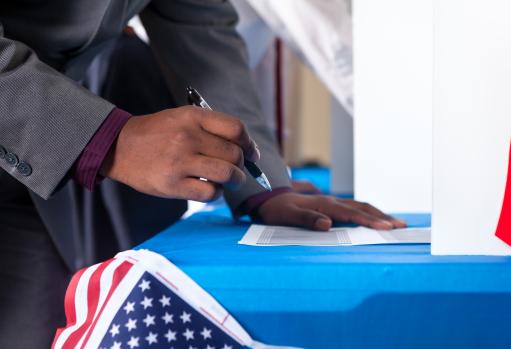Recently, Trevor Potter, president of Campaign Legal Center (CLC), joined Kara Swisher, contributing opinion writer at The New York Times, on her podcast “Sway” to discuss the legal battles shaping our democracy right now.
While the podcast highlighted many campaign finance and voting rights issues, the main focus was on CLC’s victories around mail-in voting litigation and its work on voting rights restoration in Florida. These legal fights will determine how accessible voting will be in November and future elections.
Due to the COVID-19 pandemic, millions of voters are voting absentee or by mail to protect their health. However, signature match requirements can result in ballots being rejected based on nothing more than penmanship.
In August, CLC sued Pennsylvania for not giving voters notice of, or opportunities to cure, perceived errors associated with the signatures on their ballots. A month later, victory came in the form of the state issuing standard guidance for counting and verifying mail-in ballots.
Ensuring that every voter can submit their ballot with confidence that it will be counted is of the utmost importance. However, for millions of Americans, felony disenfranchisement laws can be the main barrier to voting, and many people with past felony convictions do not know if they are eligible to vote. These laws vary state by state and are often difficult and confusing to navigate.
This is only made worse by the fact that some states require people to pay fines, fees, or restitution to regain the right to vote.
Florida is one such state. In 2018, voters approved an amendment restoring voting rights to their fellow citizens with past felony convictions, but in 2019, the state signed into law a requirement conditioning rights restoration on the ability to pay fines and fees.
CLC and partners sued in Florida to defend the voting rights of hundreds of thousands of Florida citizens, and CLC has been working to advance voting rights restoration in other states across the country.
Our democracy works best when all eligible voters can participate. In 2020 and beyond, CLC will work to ensure that people have safe, secure, and accessible ways to vote and that everyone can have their voice heard in the political process.

